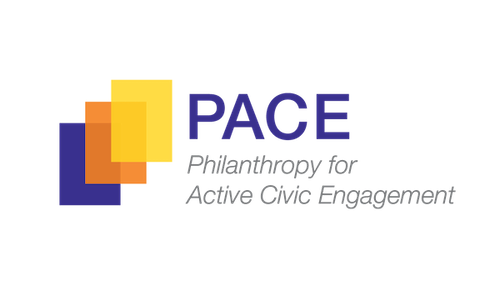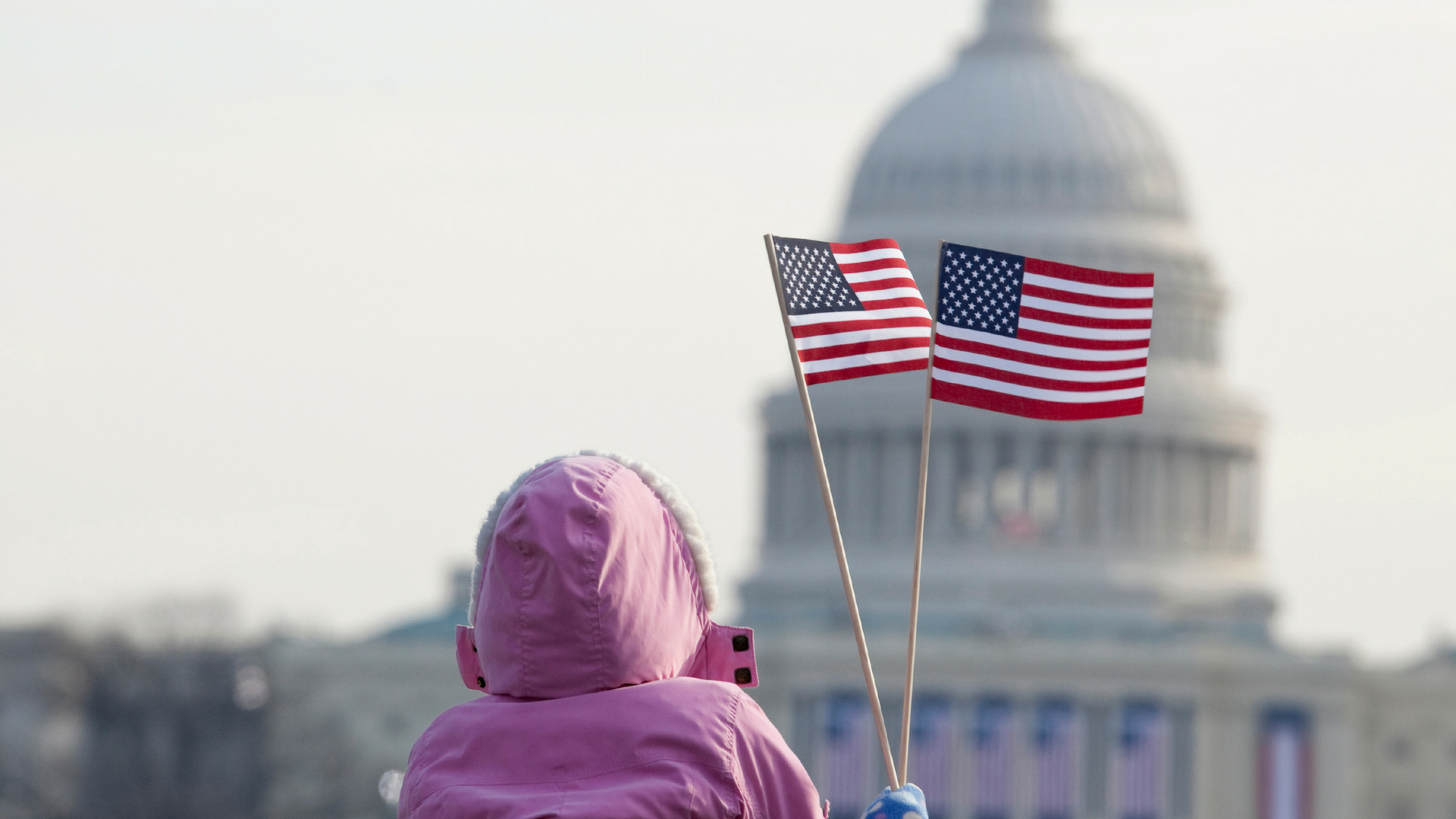By Decker Ngongang, PACE Fellow
Philanthropy for Active Civic Engagement (PACE) is a community of funders that invest in the sustaining elements of democracy and civic life in the United States. Our members share a belief that America will be healthier, more successful, resilient, and productive if democracy is strong and the Office of Citizen is treated as central to how it functions. Today, the seeming intractability of the divisions in our society stands in tension with this belief, and this moment represents a unique opportunity to be reflective as the philanthropic sector considers its role in bridge building, civil dialogue, and common ground initiatives.
Beginning in 2017, PACE embarked on a learning process to better understand the seeds of division in American civil society, what philanthropy can do to help, and PACE’s role in cultivating that support. We began with a series of conversations with members of the PACE community to: (1) understand how they experience the contentious civic climate in the context of their work; (2) discuss the core questions and points of inquiry for exploration and, (3) identify stakeholders whose input would be helpful to consider.
Our goal was to more deeply understand the causes of the divisions we are facing and whether there is a role for philanthropy in addressing complex issues by helping people come together across lines of difference. During this process, we spoke with several PACE members, experts, researchers, practitioners, and influencers1Given the iterative and evolving nature of this project, many voices contributed to this inquiry over time. A partial list of initial informant organizations includes: Chicago Community Trust, Kettering Foundation, The Whitman Institute, The Foundation for Harmony and Prosperity, Living Room Conversations, Public Agenda, Hewlett Foundation, One America Movement, Fetzer Institute, Einhorn Family Charitable Trust, Hollaback, Emerging Practitioners in Philanthropy, Center for Information and Research on Civic Learning and Engagement at Tufts University, Teaching Tolerance, Pillars Fund, Claremont Graduate School of Theology, Citizen University, National Institute for Civil Discourse. Those who participated in conversations may or may not have expressed the views of their institutions. to gain their insights, perspectives, and recommendations.
We started with the question: How can philanthropy create spaces for people to come together around complex and divisive issues? However, as our learning process evolved, the guiding question sharpened to be: If we accept the evidence that fundamentally different and often irreconcilable divisions are at work in America today, is dialogue, debate, or deliberation possible? If so, what needs to exist to create the enabling conditions for that to happen, and what could be different as a result.
This essay series explores the themes that became salient and prompted further consideration as we explored this question. Below is a snapshot of these themes. We invite feedback to the reflections in this series from our colleagues in the sector as we all seek to respond intentionally to the challenges of the moment. We hope this essay series helps to provide grounding for a more thoughtful way of reckoning with the complexities of co-existing in an increasingly diverse society, and to consider what it will take to reach beyond coexistence toward cooperation, and beyond tolerance into equity and genuine pluralism.
Theme 1: Context and History Matter
An essay exploring the importance of historical context and the complexities of individual stories before the hard work of civility, bridge building, and healthy discourse can be fully examined.
Theme 2: Civility is Insufficient
An essay exploring the limits of civility and the alternate ways conditions can be enabled for meaningful dialogue and deliberation across lines of difference.
Theme 3: Beyond Civility, The Opportunity for Philanthropy
An essay exploring the role philanthropy can play in holistically advancing civility and bridge building, particularly in cultivating norms that build trust and facilitating conversations.
Personal Reflection from the Author
A personal piece offering reflections about how this project shaped the author’s view of his own personal history, the current political context, and his hope for the future of civic institutions and American democracy.

